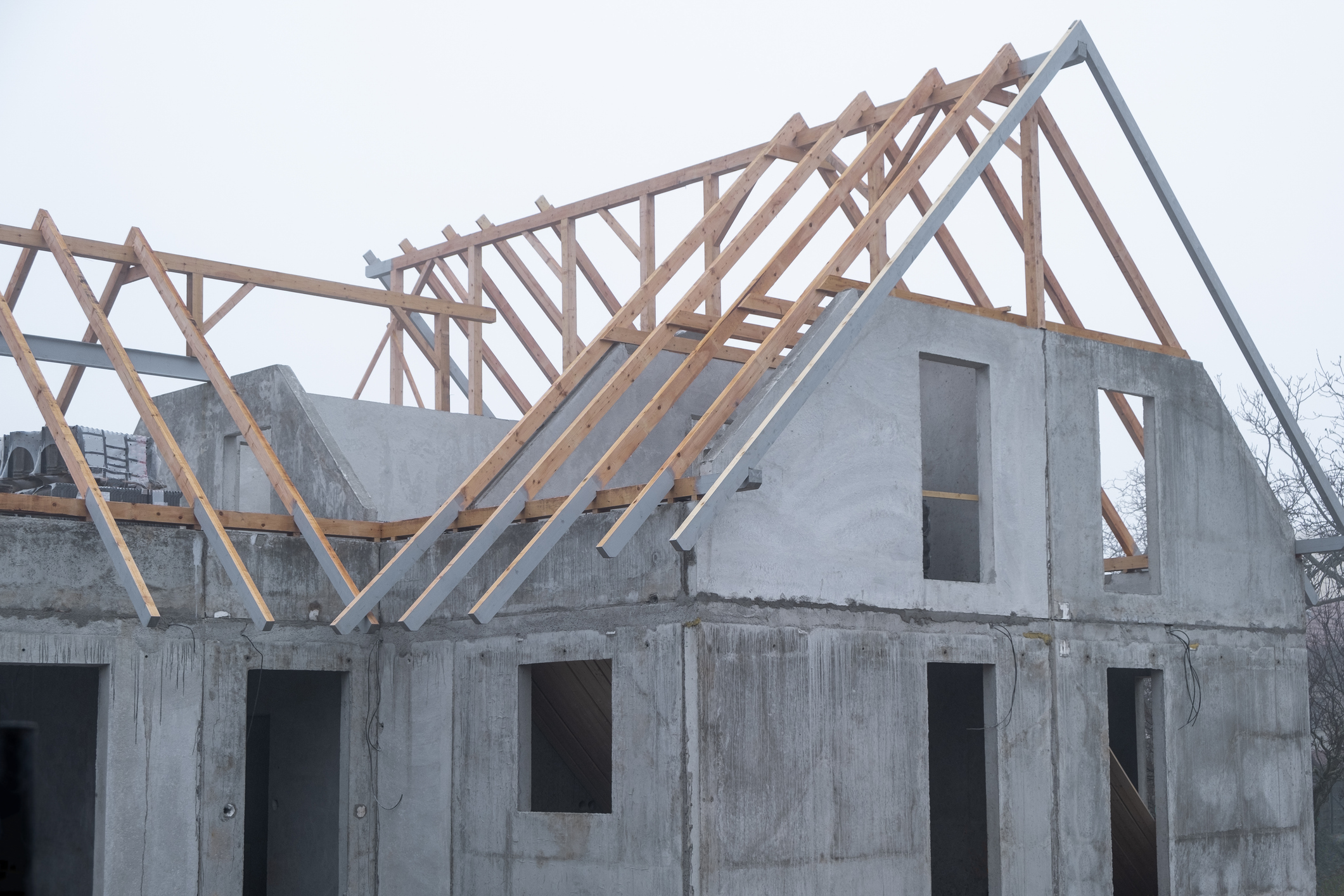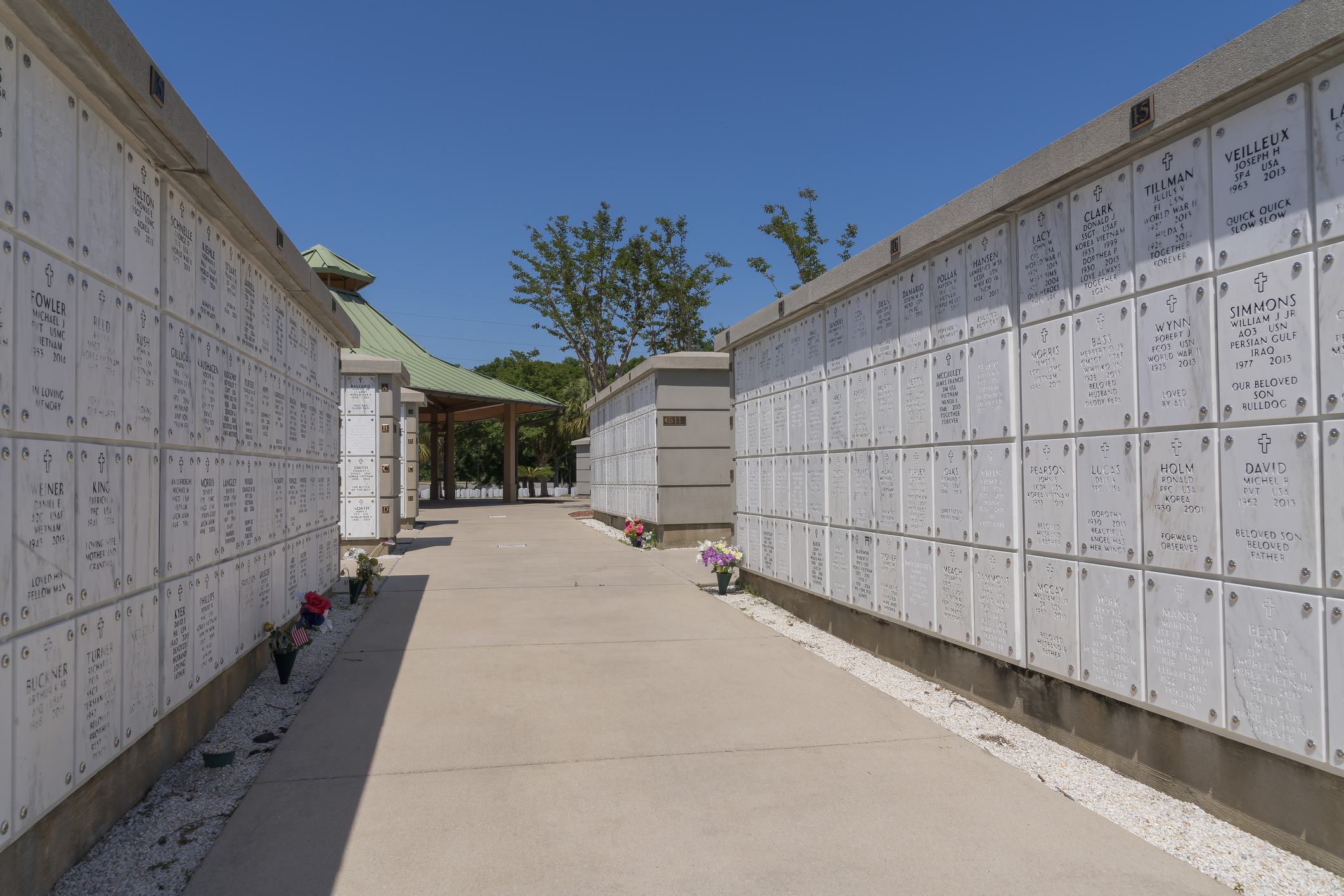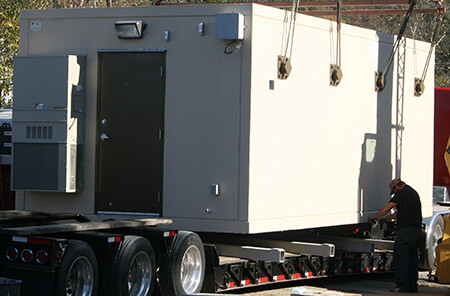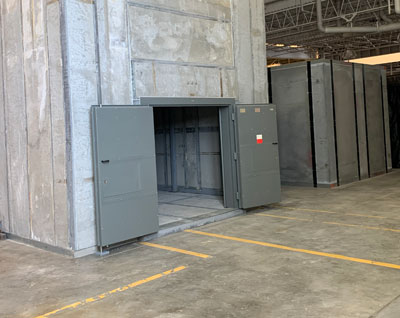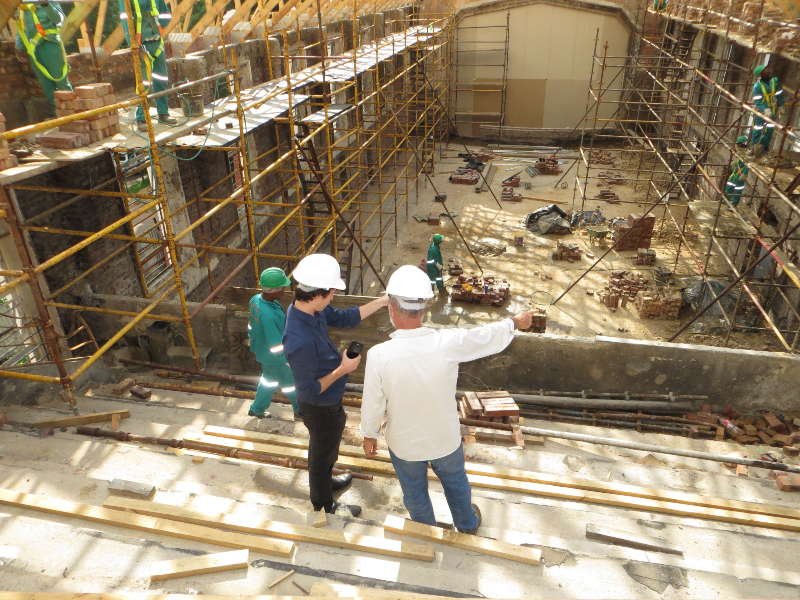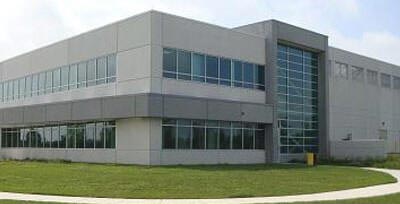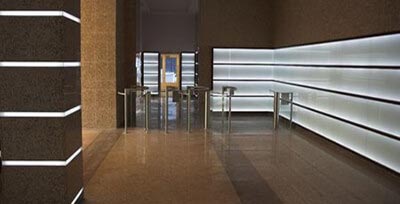Precast Concrete VS Concrete Masonry Unit Walls (CMU)
Precast concrete panels offer several advantages over Concrete Masonry Unit (CMU) walls, making them preferable in many construction scenarios. Here are the key reasons:
Speed of Construction
- Precast Panels
- These are manufactured off-site, which means construction on-site can be faster as panels are delivered ready to install. This reduces labor time and minimizes weather-related delays.
- CMU Walls
- Construction involves laying each block individually, which is labor-intensive and can be slower, especially in adverse weather conditions.
Quality Control
- Precast Panels
- Produced in a controlled factory environment, precast panels have consistent quality, fewer defects, and better dimensional accuracy. This results in higher structural integrity and aesthetic finish.
- CMU Walls
- Quality can vary with the skill of the mason, leading to potential inconsistencies in mortar joints, alignment, and overall finish.
Design Flexibility
- Precast Panels
- Can be molded into virtually any shape or size, allowing for complex architectural designs, integrated features like openings, and a variety of finishes (textures, colors, etc.) during manufacturing.
- CMU Walls
- Generally limited to the standard sizes and shapes of blocks, though they can be cut or modified, it’s less flexible and more labor-intensive for custom designs.
Thermal Performance
- Precast Panels
- Often incorporate insulation within the panel itself (sandwich panels), providing better thermal performance. The thermal mass of concrete also helps regulate indoor temperatures.
- CMU Walls
- While CMUs have some thermal mass, achieving good insulation typically requires additional materials or insulation techniques, which can be less effective than integrated solutions.
Sound Insulation
- Precast Panels
- Due to their mass and often integrated design, precast panels offer excellent sound insulation, reducing noise transmission.
- CMU Walls
- Provide good sound insulation due to their mass, but not as effectively as precast panels without additional treatments.
Durability and Maintenance
- Precast Panels
- Known for their durability, precast panels require minimal maintenance. They are resistant to weathering, UV degradation, and can be designed to resist impact or seismic activity.
- CMU Walls
- Durable but may require more maintenance over time, especially if not properly capped or if the mortar joints degrade.
Aesthetic Finish
- Precast Panels
- Can achieve a high-quality finish directly from the mold, reducing the need for additional cladding or finishing materials on-site.
- CMU Walls
- Typically have a more utilitarian appearance and often require additional finishes (e.g., plaster, paint, or cladding) for aesthetic appeal.
Structural Integrity
- Precast Panels
- Can be designed with reinforcement to handle specific structural loads, offering high strength and the ability to span larger distances without intermediate supports.
- CMU Walls
- While strong, they might require additional reinforcement for high load-bearing applications, and their structural capacity is generally less than that of precast panels without added measures.
Environmental Impact
- Precast Panels
- While the production process can be energy-intensive, it often results in less waste on-site. Additionally, precast can incorporate recycled materials, and the longevity of the product reduces the need for future replacements.
- CMU Walls
- The production of CMUs also has an environmental footprint, but the process might be less controlled for waste reduction compared to precast manufacturing.
Health and Safety
- Precast Panels
- Reduced on-site construction activities can lead to safer working conditions with fewer risks associated with traditional masonry work like falling blocks or exposure to silica dust.
- CMU Walls
- On-site construction involves more manual labor, potentially exposing workers to more health risks.
Cost Efficiency
- Precast Panels
- While initial costs might be higher due to manufacturing and transportation, the overall project cost can be lower due to reduced labor, faster construction, and lower maintenance over time.
- CMU Walls
- Generally less expensive upfront but might incur higher long-term costs due to labor, potential for rework, and maintenance.
Considerations
- Transportation
- Precast panels require careful handling and transportation, which can be logistically challenging and add to costs, especially for remote sites.
- Customization
- While precast offers design flexibility, any changes or customizations after manufacturing can be costly or impractical.
In summary, while CMU walls have their place in construction, especially for cost-effective, straightforward applications, precast concrete panels often provide superior performance in terms of speed, quality, design flexibility, thermal efficiency, and overall durability. This makes them a better choice for projects where these attributes are critical.
Contact Us Today
For more information on our products and services, give us a call today at 919-742-3132, or visit our Contact Us page. Let The Carolina Precast Company help you bring your vision to life with precision and excellence.
